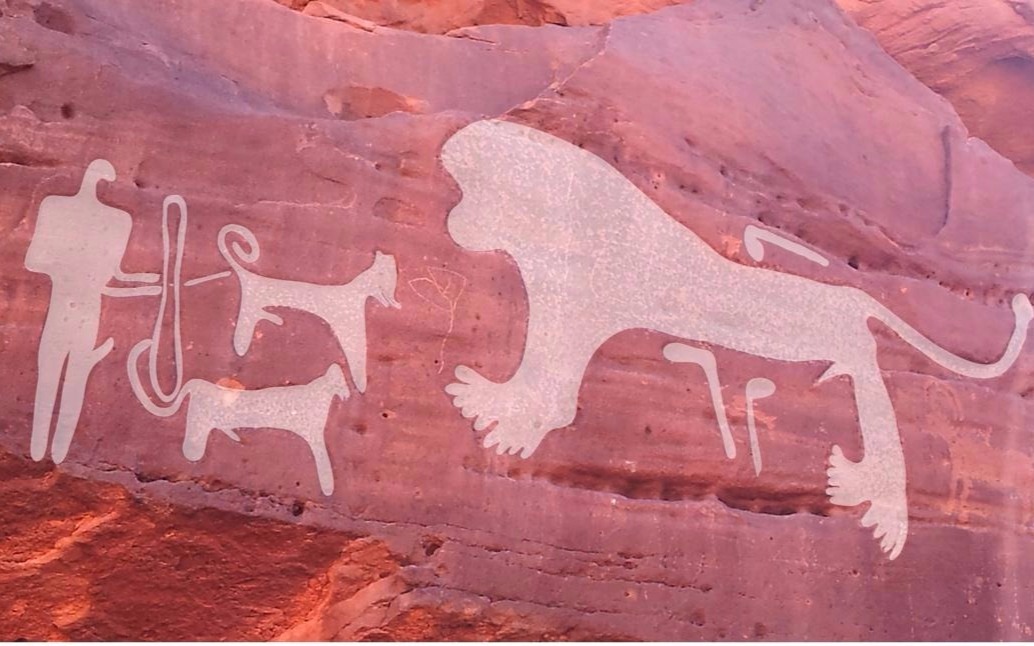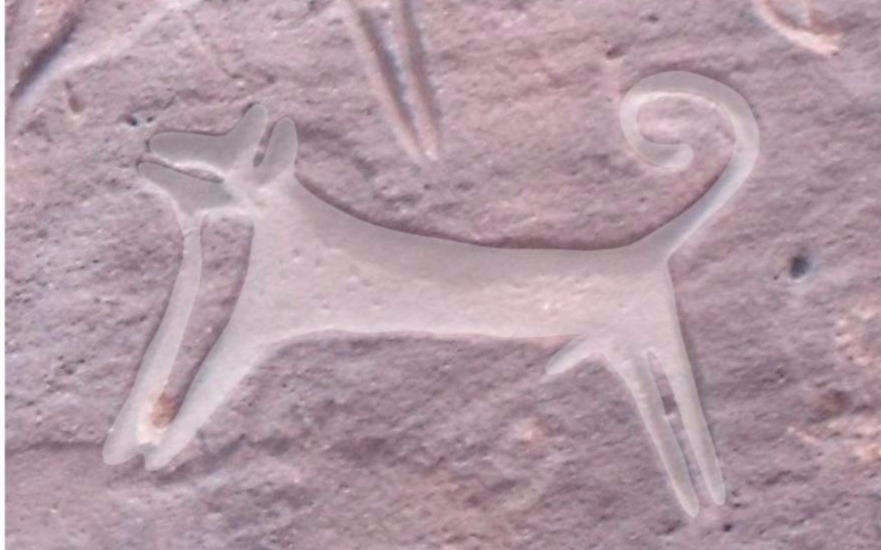Last November, I got to go to CoTESOL, Colorado's TESOL conference; it was a great experience with a healthy variety of speakers. Many of the sessions focused on a different area of language learning than I usually do, cross-cultural K-12 English users. Due to this, some of the most interesting sessions were connected to the presenters' stories of migration, emigration, and immigration (or their families'). I thoroughly enjoyed many of the speakers' sessions: Lulu Buck, Emily Francis, Don Vu, and Beth Skelton are all people to learn from and enjoy it. But I want to mention a few other sessions that I found particularly interesting.
But before that... For any non-teacher Americans who have gotten this far, some statistics might be the most interesting takeaway. In the USA, 10% of K-12 students have a home language other than English. 80% of those multilinguals speak Spanish. After Spanish, the next four most common additional languages in US schools are Arabic, Vietnamese, Russian, and Mandarin. Overall American schools have a rich diversity with over 300 different languages being spoken in its K-12 schools nationwide.
Specific to Colorado, in 2022, there were 110,000 multilingual learners with 280 different languages. Here Amharic (#4) is added to the above list of commonly spoken home languages. All of this suggests why it's possible to see monolingual people as somewhat limited. 😳😬🙊 (This data also suggests why it could be reasonable and beneficial to expand the amount of translation that is done in official spaces since only 4-6 additional languages would be needed in most states, not 300. Oops, this is beginning to sound political... 😳😬🙊, again.)
Carol Salva
- I don't have a long list of quotes from Dr. Carol, but she talks about teaching in the way I want to teach. She exudes love and hope for her students. If you get a chance to hear her or follow her on FB, I'd highly recommend it. Her ideas are practical and caring and focused on the students' potential. Also, she's humble enough to ask for help and then talk about it publicly...
- "[Students] aren't going to believe anything more than what I believe." (for and about them and their abilities)
Monica Lara
- "When you're a second language learner, you're a second language learner for life."
- quoting Luis Moll, "The concept of 'funds of knowledge is based on a simple premise: people are competent and have knowledge, and their life experiences have given them that knowledge."
- She also talked about the QSSA strategy for conversations; it seems like a valuable riff on think-pair-share.
Jamal Khlifat - "Cross-linguistic Syntactic priming between Levantine Arabic and English in bilingual speakers"
- This presentation sounds incredibly complex, but it was extremely interesting. Basically, Dr. Khlifat's study shows that exposure to greater complexity moves students to express themselves with greater complexity. This is true even if the exposure occurs in the learner's native language! In other words, if you give a language learner a relatively complex text in their own language and then have them write in the target language they are learning, they will write with relatively more complexity than if you prime them with a simpler text (in their own language). The research was done between Arabic and English, but studies to explore this in other languages are ongoing.
- This study seemed to me to both support the concept of grammaring (showing grammar in real contexts instead of starting from the textbook with definitions and prescriptions), and it also "could serve as a counterargument to monolingual-immersion teaching/instruction." This was one of three pedagogical implications given. The other two were "A learner's native language should be viewed as a resource, rather than a problem for educators to circumvent." and "Priming texts in a learner's native language serve[s] as a scaffolding tool."
Sonia Felix Naix - regarding "Ilots bonifiés" - "Collaborating to Maximize Participation in EFL Classrooms"
- This presentation was fascinating and presented a beautiful system for encouraging participation. She shared the main form needed to implement the system as well. The major challenge with learning the system was that one needed to know French as it was developed by a French teacher, Marie Rivoire in 2012. Little to nothing about it seems to have appeared in English before this presentation. Ms. Felix Naix was most interested in hearing from anyone who tried out the system.



